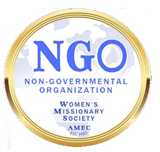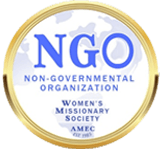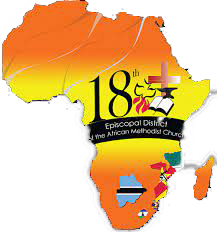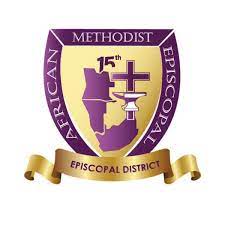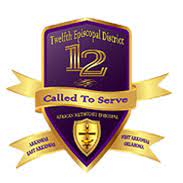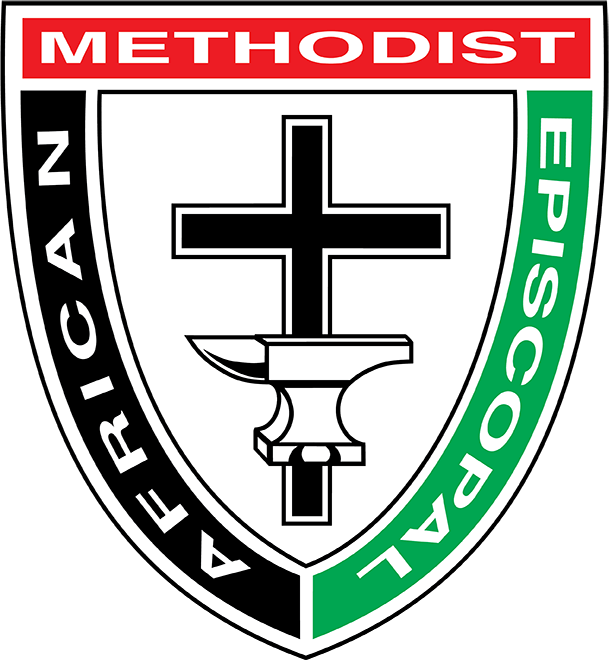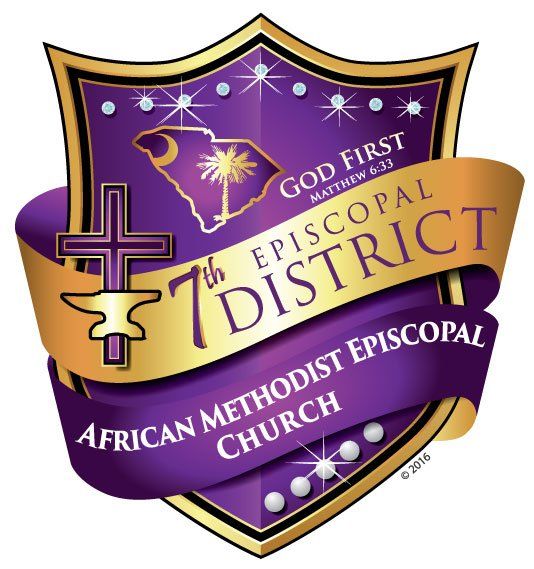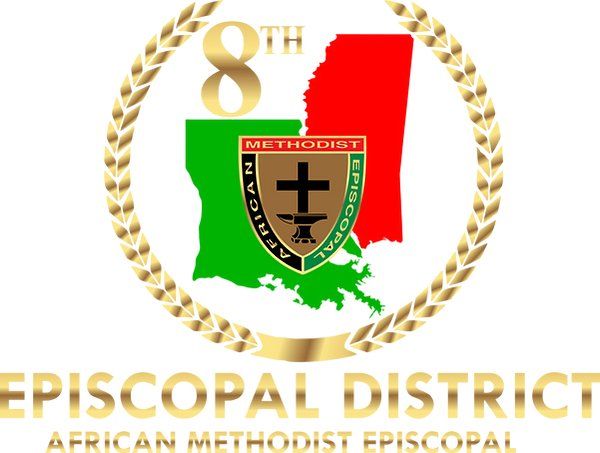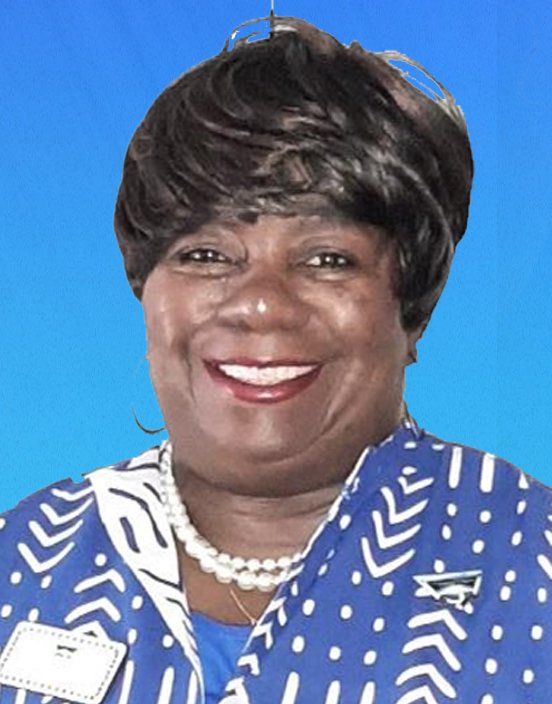
Ms. Janice M. Brown
10th Episcopal District NGO Liaison
Presiding Prelate - Bishop Adam J. Richardson, Jr. Episcopal Supervisor - Dr. Connie Speights Richardson Episcopal President - Ms. Geri Earl
Texas
Focus: Human Trafficking
Human Trafficking is a major crime against people, where it violates a person’s human rights. Every year thousands of men, women and children fall into the roles of traffickers throughout the world. Houston, Texas is the city with the most cases. Houston is known as the hub for Human Trafficking. The Dept. of Health and Human Services estimates that approximately 50,000 people are smuggled in Texas from around the world.
Key Message
OUR CHILDREN, WOMEN, and MEN ARE AT RISK!!
What we need to do is:
- Pay attentionReport suspicious activity; groups of people guarded closelyTalk about itRescue trafficked victims by getting involvedStart vocational training and educational opportunities for rescued victims.
o 62% of prostitutes were victims of child sex trafficking
o 68% tested for PTSD-post traumatic stress disorder
o 61% had a romantic relationship with their controller or pimp
Take Action
Throughout the world, traffickers hold tens of millions of men, women, and children in compelled labor force, uncontrolled slavery, forced prostitution, and child profitable sexual mistreatment. Traffickers target civilians and immigrants alike, enjoying almost complete impunity throughout the world.
How Do We Stop Trafficking?
- Hold the U.S. government accountable
The U.S. federal government prosecutes very few criminal human
trafficking cases—particularly for forced labor.
- Deter human traffickers by forcing them to pay compensation to victims.
Most trafficking victims never see their day in court. Few survivors
are aware that there is an alternate path to justice: civil litigation.
Courageous trafficking survivors can bring their own cases in civil
court against traffickers – and against third parties who benefit
from these crime – for damages.
- Challenge impunity through strategic litigation
Civil litigation not only secures compensation for victims, but it
also drives complete change.
Human Trafficking Organizations and attorneys use strategic litigation as a catalyst for change: forcing government action, driving legal reform, punishing perpetrators, and compelling action by businesses to end or prevent abuses. Educate, advocate, and drive change.
